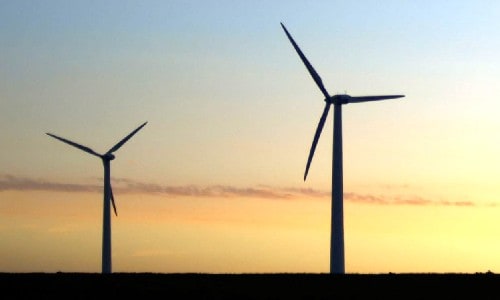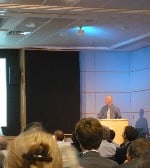
Cutting through turbulence on the way to Copenhagen
By James Dacey
European leaders have been in Brussels over the past couple of days and there has been an lot of talk about climate change. The latest reports suggest they are reaching some sort of agreement over how to help the world’s poorer nations to commit to restricting greenhouse gas emissions.
The EU summit in Brussels represents one of the last opportunities for European nations to iron-out disagreements ahead of December’s UN conference in Copenhagen, which is could result in a global treaty on climate change.
So assuming that the world’s politicians can wrangle their way to solid, legally binding targets in the Danish capital, we will then be faced with the next big set of choices – how to achieve the targets.
Whatever way the green revolution is played out over the next few decades, it will be necessary for the developed world to quickly get over its addiction to fossil fuels, and to deploy a whole raft of renewable energy solutions. More than ever, governments will need clear scientific advice about the different options ahead of them.
Despite currently lagging many of its European neighbours over renewables, the UK now at least has a clear-thinking scientific advisor in the form of David Mackay.

If you’re not already familiar with Mackay, he is author of the book Sustainable Energy – Without the Hot Air. Despite being available for free on-line, the book has been something of a publishing phenomenon and was described by the Guardian as “this year’s must-read book”.
You can also read Physics World’s review of the book here.
When I saw Mackay on Wednesday giving a talk at the Institute of Physics in London, he was quick to establish his philosophy. He says we need are in need of a “grassroots arithmetic movement” in which members of the public should lobby/educate their local MPs with the figures of renewables.
To a packed-out lecture room, Mackay explained why he prefers to express energy consumption in terms of kilowatt hours per day per person. His reason being, that these figures mostly fall in the range 1-100, and results can easily be translated into personal forms. “I am pro arithmetic, not any specific energy policy,” he said.



